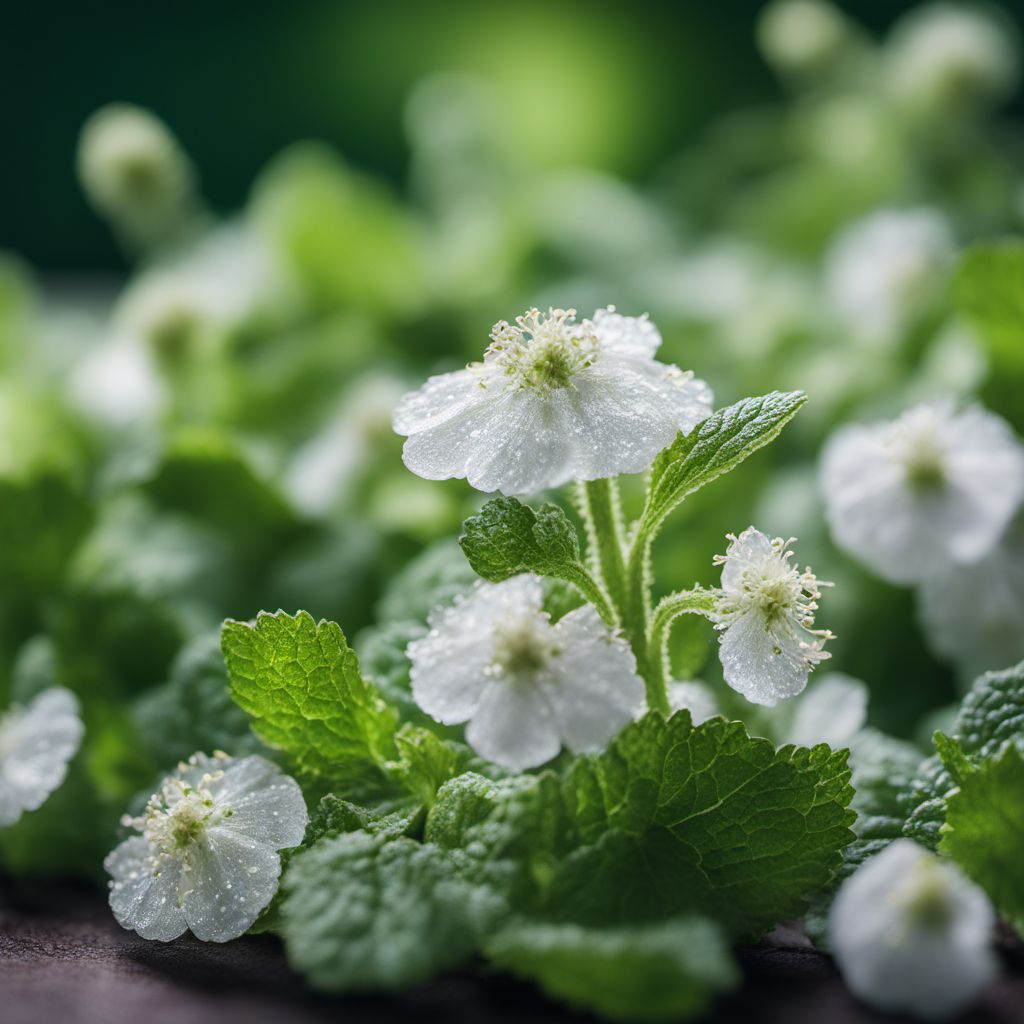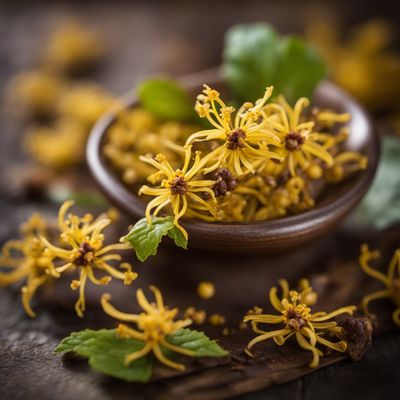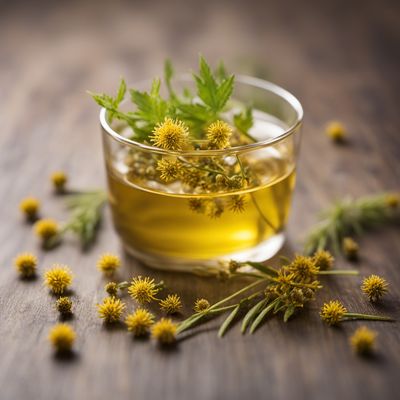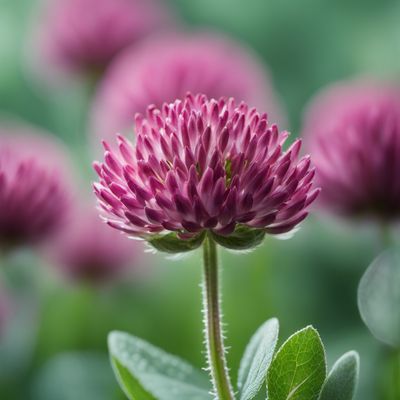
Ingredient
White deadnettle infusion leaves
The Soothing Elixir: White Deadnettle Infusion Leaves
White deadnettle infusion leaves are characterized by their pale green color, velvety texture, and subtle floral aroma. When steeped in hot water, they release a soothing infusion with a mild, slightly sweet taste and a hint of earthiness. These leaves are often used to create herbal teas that promote relaxation and overall well-being.
Origins and history
White deadnettle, also known as Lamium album, has a long history of medicinal use dating back to ancient times. Native to Europe and Asia, it was traditionally used to treat respiratory ailments and promote healing. In folklore, white deadnettle was associated with protection and good luck. Today, it is cultivated for its therapeutic properties and is a beloved ingredient in herbal remedies.
Nutritional information
White deadnettle infusion leaves are low in calories and rich in antioxidants, vitamins, and minerals. They provide a good source of vitamin C, calcium, and iron, which support immune function and bone health. Additionally, they contain compounds that have anti-inflammatory and antimicrobial properties.
Allergens
There are no known allergens associated with white deadnettle infusion leaves.
How to select
When selecting white deadnettle infusion leaves, look for fresh, vibrant leaves without any signs of wilting or discoloration. Opt for organic or sustainably grown leaves whenever possible to ensure the highest quality and minimize exposure to pesticides.
Storage recommendations
To maintain the freshness and quality of white deadnettle infusion leaves, store them in an airtight container in a cool, dark place. Alternatively, you can freeze the leaves for longer-term storage. Avoid exposing them to moisture or direct sunlight, as this can cause them to lose their flavor and potency.
How to produce
White deadnettle infusion leaves can be easily grown in a garden or container. They prefer well-drained soil and partial shade. Sow the seeds in early spring or late summer and keep the soil consistently moist. Harvest the leaves when they are young and tender for the best flavor and potency.
Preparation tips
To prepare a soothing white deadnettle infusion, steep a handful of leaves in hot water for 5-10 minutes. You can enjoy it on its own or add a touch of honey for sweetness. White deadnettle infusion can also be used as a base for herbal blends or incorporated into recipes for soups, sauces, or desserts to impart a subtle floral flavor.
Culinary uses
White deadnettle infusion leaves are commonly used to make herbal teas, tisanes, and infusions. They can also be used as a flavoring agent in various culinary creations, such as soups, sauces, and desserts. Their delicate floral notes add a unique touch to both sweet and savory dishes.
Availability
White deadnettle infusion leaves are commonly available in Europe and Asia, where they are cultivated for their medicinal and culinary uses.
More ingredients from this category » Browse all

Witch hazel infusion leaves
The Natural Elixir: Unveiling the Power of Witch Hazel Infusion Leaves

Passion flower infusion leaves
"Nature's Tranquilizer: Unveiling the Secrets of Passion Flower Infusion Leaves"

Lime infusion leaves
Zesty Citrus Elixir: Unveiling the Magic of Lime Infusion Leaves

Mulberry (black and white) infusion leaves
The Versatile Mulberry

Echinacea infusion leaves
The Healing Power of Echinacea

Moldavian dragonhead infusion leaves
The Aromatic Elixir: Moldavian Dragonhead Infusion Leaves

Rock rose infusion leaves
The Fragrant Elixir: Exploring the World of Rock Rose Infusion Leaves

Elder infusion leaves
The Healing Elixir: Unveiling the Power of Elder Infusion Leaves

Cornflower infusion leaves
"The Vibrant Elixir: Unveiling the Beauty of Cornflower Infusion Leaves"

Agrimony infusion leaves
The Healing Power of Agrimony

Raspberry (red and yellow) infusion leaves
The Fragrant Tea Leaves

Red clover infusion leaves
The Floral Elixir: Discovering the Delicate Flavor of Red Clover